Do you ever wonder if that pricey tub of celebrity endorsed, anti-aging wrinkle cream works as well as it says it does? Do you ever suspect that it might not really be the veritable fountain of youth that the advertisements would have you believe?
It’s OK, we have our doubts too.
In case you haven’t come to this conclusion yet, skin care companies will tell you and sell you any and everything to capitalize on your desire to stay young and beautiful. It’s upsetting, because in many instances their products hurt more than help, prematurely aging and damaging your skin.
In fact, their products often create the very problem that you keep trying to fix!
Don’t let them take advantage of any insecurities you may have. You are beautiful, and if you want to age gracefully and preserve your natural beauty, then you need to know what truly nourishes your skin.
Elsewhere in this guide, we introduced you to the ingredients that are secretly harmful to your skin and possibly your overall health. To the trash with them! Thankfully, there are other fantastic ingredients out there that work just as well as they say they do.
If you want to know what really works, then here’s the term you need to get nice and friendly with: active ingredients.
The term “active ingredients” refers to those ingredients that have been scientifically proven to have the effects that are being touted in advertisements and on the label. They have been shown to actually change your skin and it’s known exactly what amount of these ingredients is needed to produce the desired effect.
For example, the popular coenzyme Q10 – listed as CoQ10 – has been proven to reduce the appearance of aging by protecting your skin cells from environmental stressors. It’s a common active ingredient in many products.
But here’s the thing: many products may boast of containing these active ingredients, even though they really don’t really contain enough for them to be effective. They’re merely present in token amounts. It’s a very nasty industry-wide practice known as angel dusting.
When a product is angel dusted, it means that there’s just a smidgen of the active ingredient under the cover – not enough to do any good, but just enough that it can be touted as a miracle ingredient!
Are you stunned? You should be. It’s a horrible and common practice that you can’t afford to become a victim of.
Here’s how you can avoid that ugly fate:
Do some research on the active ingredient you’re interested in – Very often, you’ll see cosmetics advertisements rolling out claims that their “studies” or “dermatologists” have proven the effectiveness of their luscious, exotic flower-based ingredients or clinical concoctions. Maybe their in-house scientists made these determinations, but what about the FDA?
In 2012, cosmetics giant Avon was hit with a major lawsuit claiming that it used deceptive marketing tactics that could mislead consumers into believing their products were formulated with proven anti-aging drugs even though they weren’t. They got caught; most companies don’t.
The way around this is to become familiar with the properties of the ingredients you’re looking into. That way, you’ll be able to tell the difference between genuine active ingredients and questionable ones made to sound fancy by marketing gurus.
Pay attention to the order the ingredients are listed in. You probably don’t realize that skin care products list their ingredients in order of prominence, i.e. the first item in the ingredients list is the most highly concentrated ingredient in the product.
Now that you know this hot little tip, always pay close attention to products that boast about the amazing benefits of their active ingredients – if those same ingredients are listed after water or even alcohol on the list of ingredients, then the product is likely glorified goop and you should feel fine with chucking that container in the recycle bin where it belongs.
Make sure the manufacturers of the product have a true understanding of their ingredients. There are fads in the world of skin care. Every year, some fab new flower extract or miracle ingredient is discovered and tons of new moisturizers, lip glosses and all kinds of skin products supposedly full of it hit the stores. How can you tell which ones are angel dusted?
You need to find out who really knows their stuff.
It's not enough for a brand to list the ingredient on their label. They might just be jumping on the bandwagon. Check their website or give them a ring to see if they're using the ingredient as intended. The brands you want to be buying consistently will have done their research, and better yet, will be willing to share everything they know about the benefits of these ingredients with you!
Not to sound like a broken record, but this all comes back to knowing what’s really in the bottle and getting what you paid for. Understanding these basic rules means you can’t be taken advantage of any longer. You are a beauty, and you deserve the best products available to you!
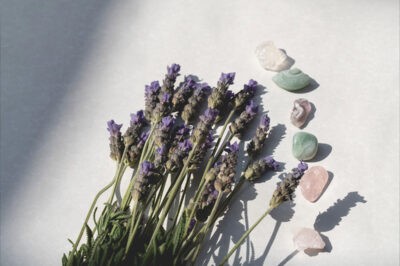

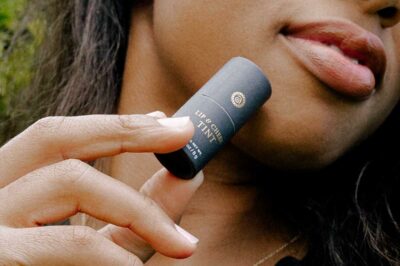
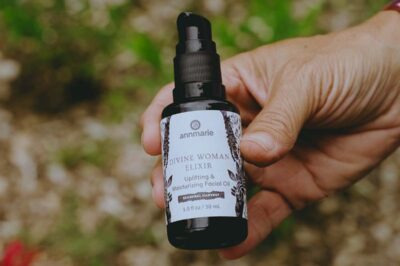
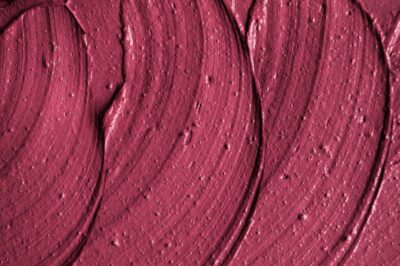

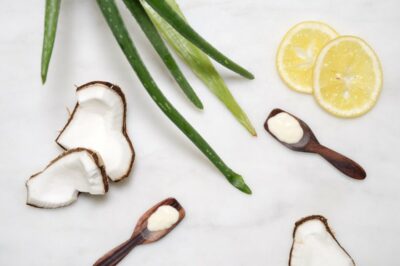

Does anyone know about Nerium? I hear mixed reviews and ” too good to be true” testimonials.